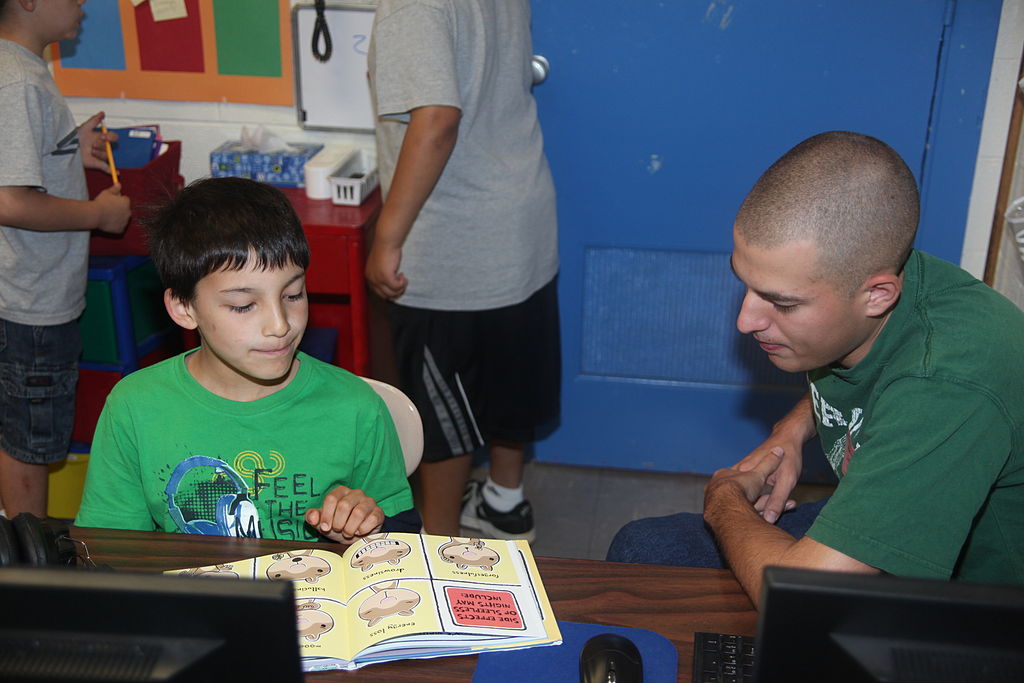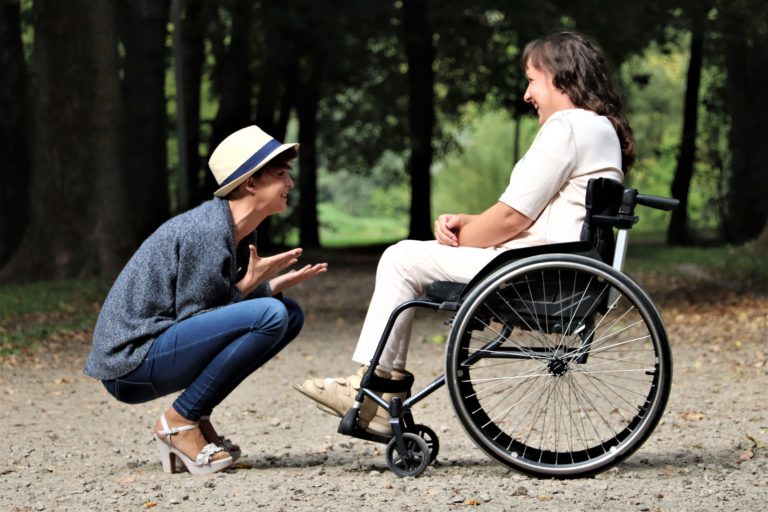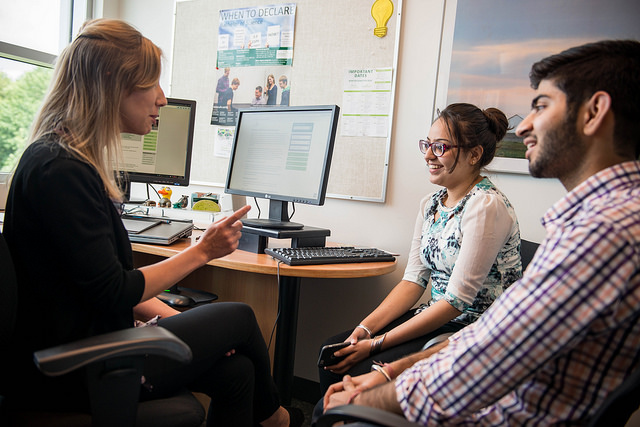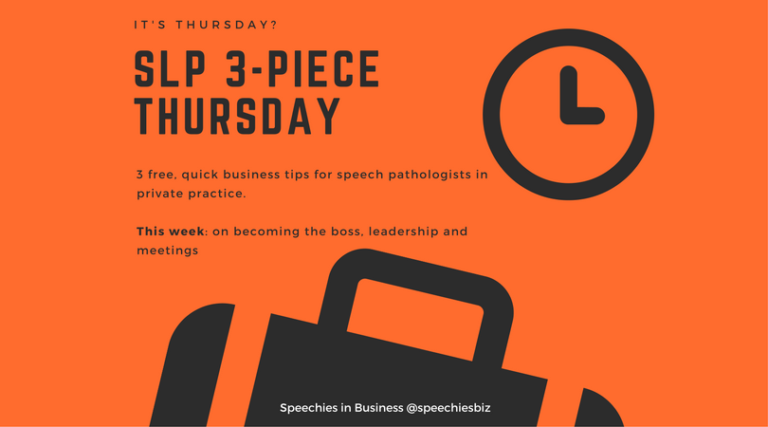Speech pathology graduates: Should you volunteer for experience and exposure?
Every year, I’m approached by speech pathology grads who’ve been offered “opportunities” to work for private practices for free, e.g. to get some experience, prove their value to a prospective employer, or get some exposure to different client groups.
Reality bites
My views on unpaid “internships” and volunteer work for private practices are fairly well known; as is my interpretation of the legal position in Australia.
But I’m not naive.
Things are tough out there for grads in some places. Experience counts. And, as adult professionals, speech pathology graduates like all speech pathologists must make their own decisions in life – as much as I might rage and harp about exploitative practices like a worried parent.
4 questions to ask yourself
I pose four questions to grads mulling whether to do volunteer work, based on excellent advice I once heard Seth Godin give to freelance artists and contractors*:
- Are other people getting paid for doing the same work? If so, is it fair that you aren’t, especially if your hirer earns money from your work?
- Are you learning something of value? If so, are you learning enough to warrant giving away your services for free?
- Will you be given adequate public credit for the value you are providing? Is volunteering for the organisation/practice really likely to bolster your portfolio and make you more marketable?
- Does the hirer have a good reputation of hiring and paying speech pathologists who volunteer for a short time; or is the hirer known for a high turnover of staff and/or exploiting its workers? (If you don’t know, ask around – speech pathology is a small world.)
I also tell speech pathology graduates who decide to volunteer to:
(d) trust their instincts and reflect regularly on whether they are getting value for their services.
If it feels like exploitation, it probably is.
* Principal Source: Godin, S. (2016). Freelancer Course via Udemy.
Image: https://tinyurl.com/j6jdy2r








